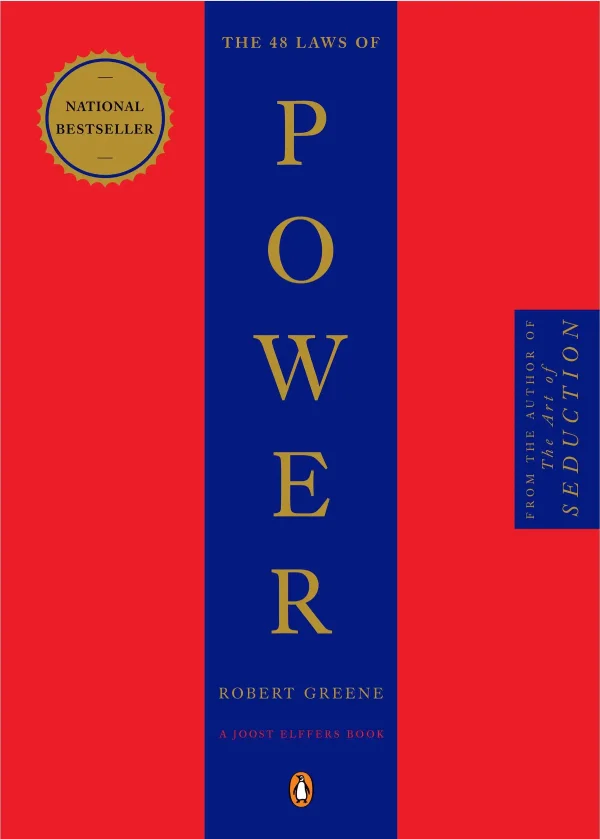1: In 48 Laws of Power, what type of strategies and tactics does this book explore to gain and maintain power?

Quiz Master's interesting facts
In Robert Greene's work titled "48 Laws of Power", individuals embark on a compelling journey exploring enduring methodologies shaping the ebb and flow of influence and authority. The tome unveils itself through 48 principles, each presenting a distinctive viewpoint on the craft of maneuvering and expertise.In the course of the storyline, Greene references instances from bygone eras and contemporary scenarios to demonstrate the utilization of these principles in the existences of noteworthy personalities. Embedded within these principles is "Guideline 1: Avoid Exceeding the Brilliance of the Principal", urging carefulness in refraining from casting too great a shadow over those in positions of influence. "Guideline 3: Keep Your Objectives Under Wraps" scrutinizes the potency of vagueness, advocating for an element of enigma to keep bystanders in perpetual speculation. "Guideline 15: Annihilate Your Adversary Unreservedly" plunges into the notion of complete elimination of rivals.

The narrative navigates its course through domains such as governance, conflict, intimate associations, and commercial transactions, delivering a multifaceted range of scenarios for each principle. Greene's tale imparts vitality to historical personages, unveiling their astute stratagems, be it Cleopatra's tactics or Franklin D. Roosevelt's adept political finesse.
Nevertheless, the tome introduces a quandary of morality, inciting individuals to confront the ethical repercussions of exercising influence through premeditated methods. "48 Laws of Power" extends an invitation for a meticulous scrutiny of these principles, urging individuals to tread carefully along the fine line connecting adeptness in strategy and a concession of moral values.




